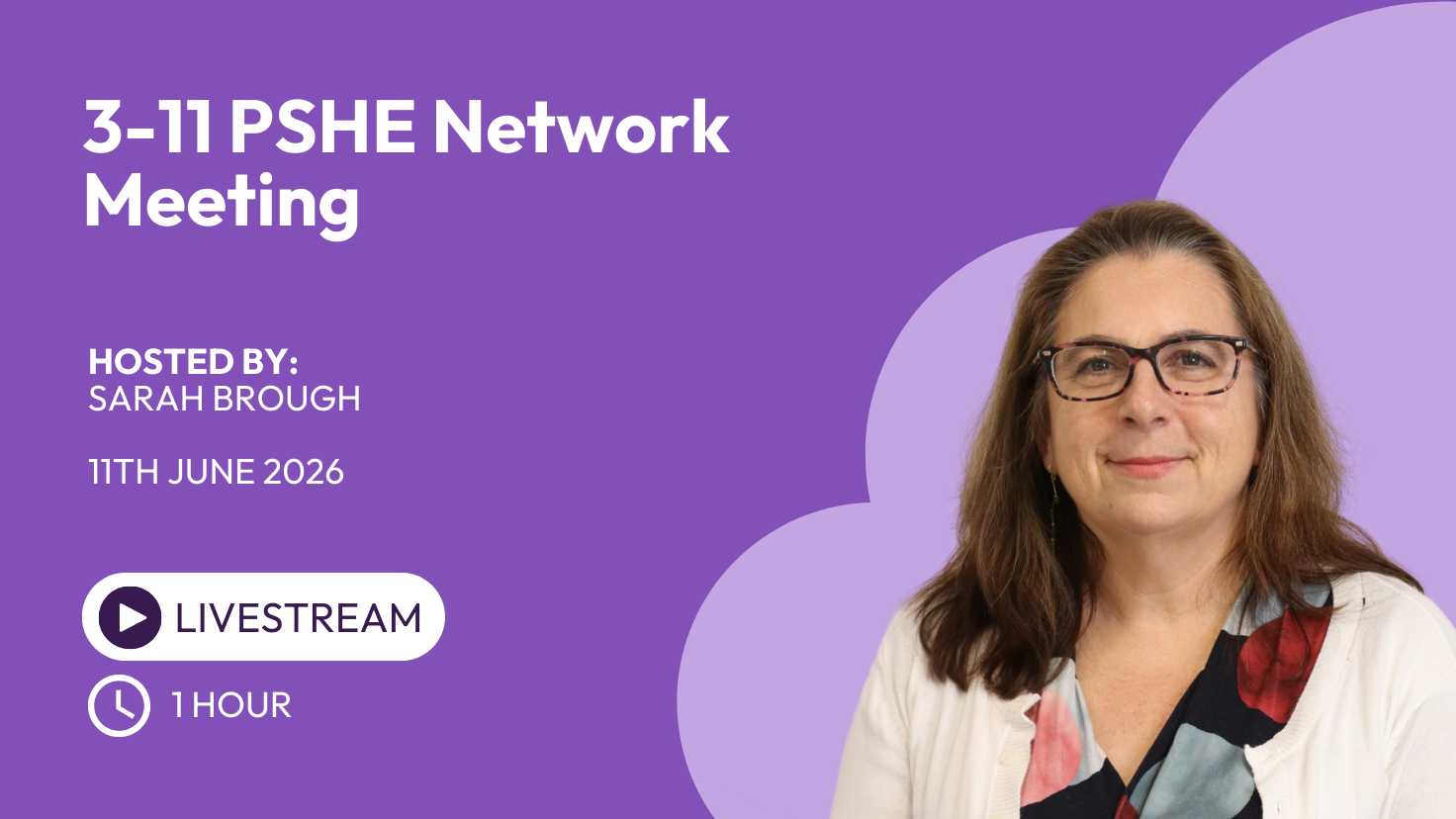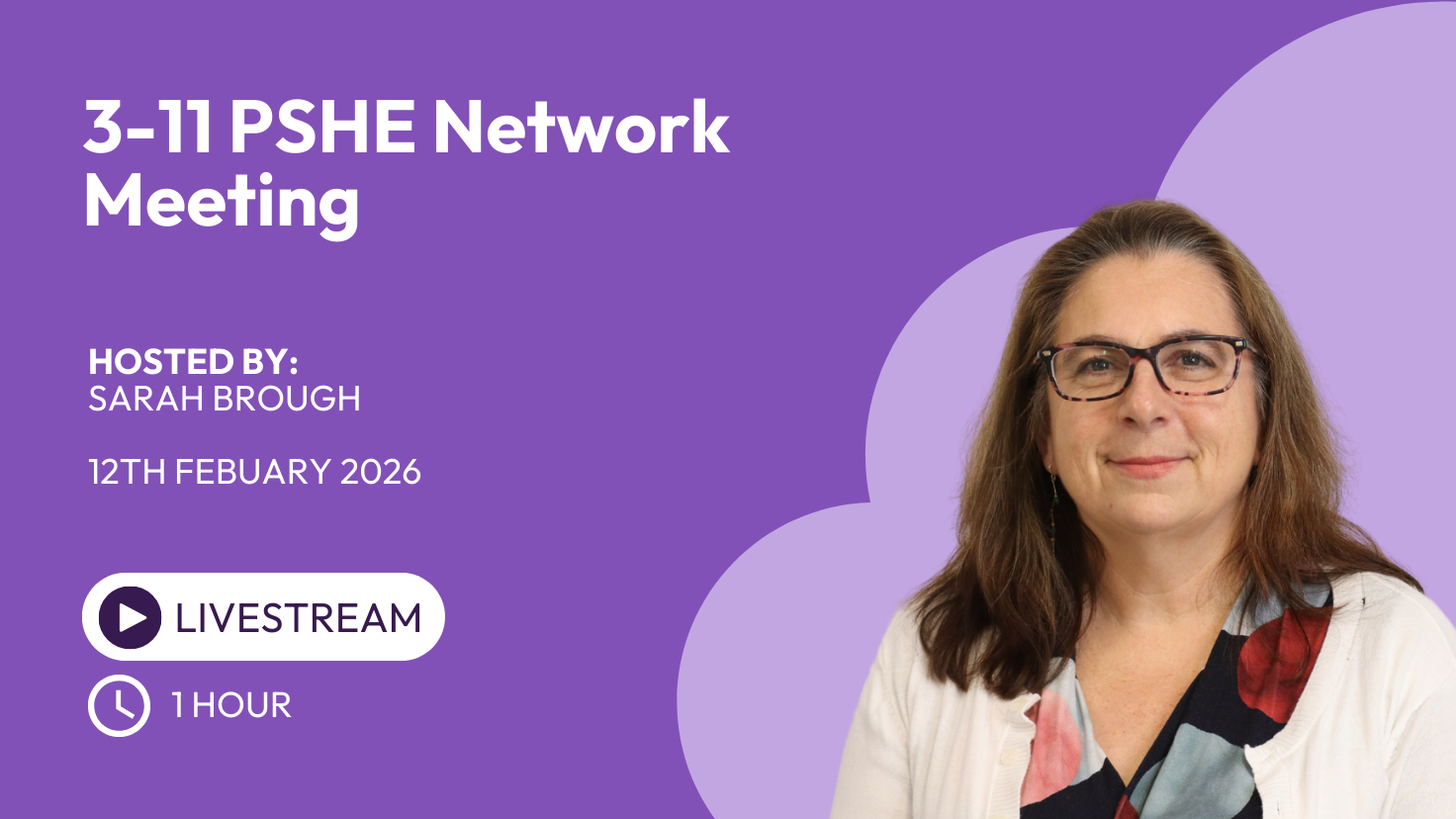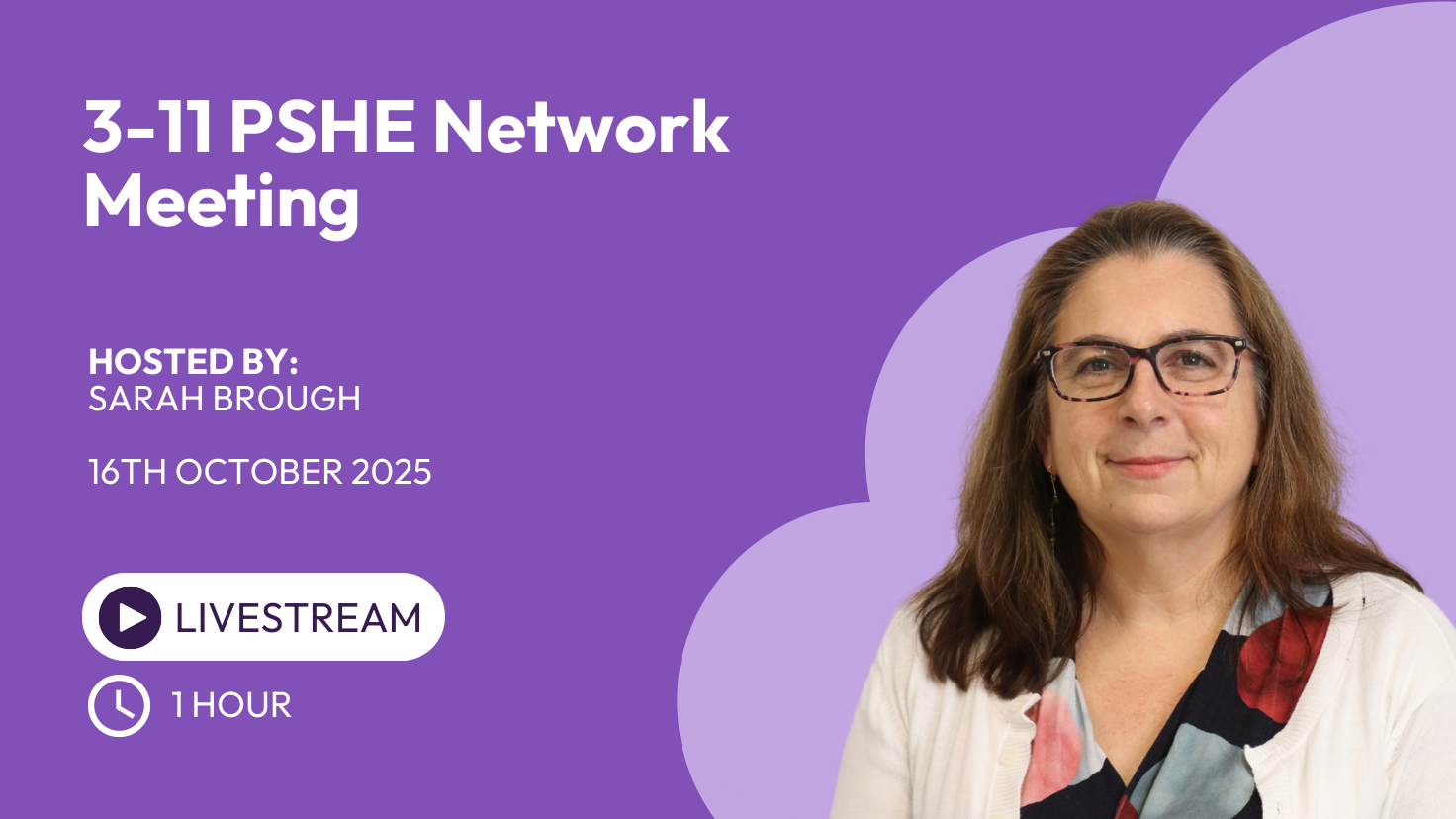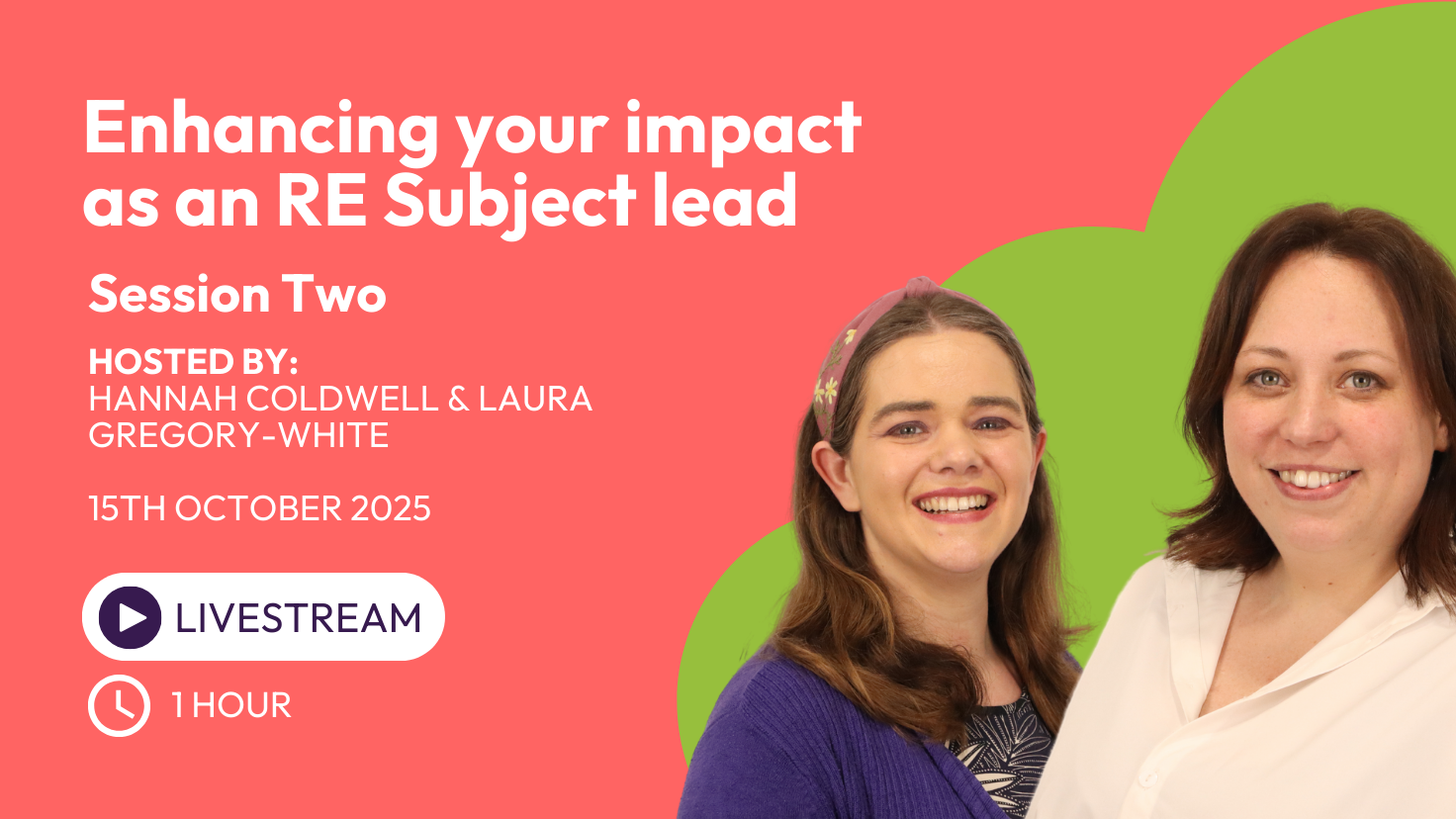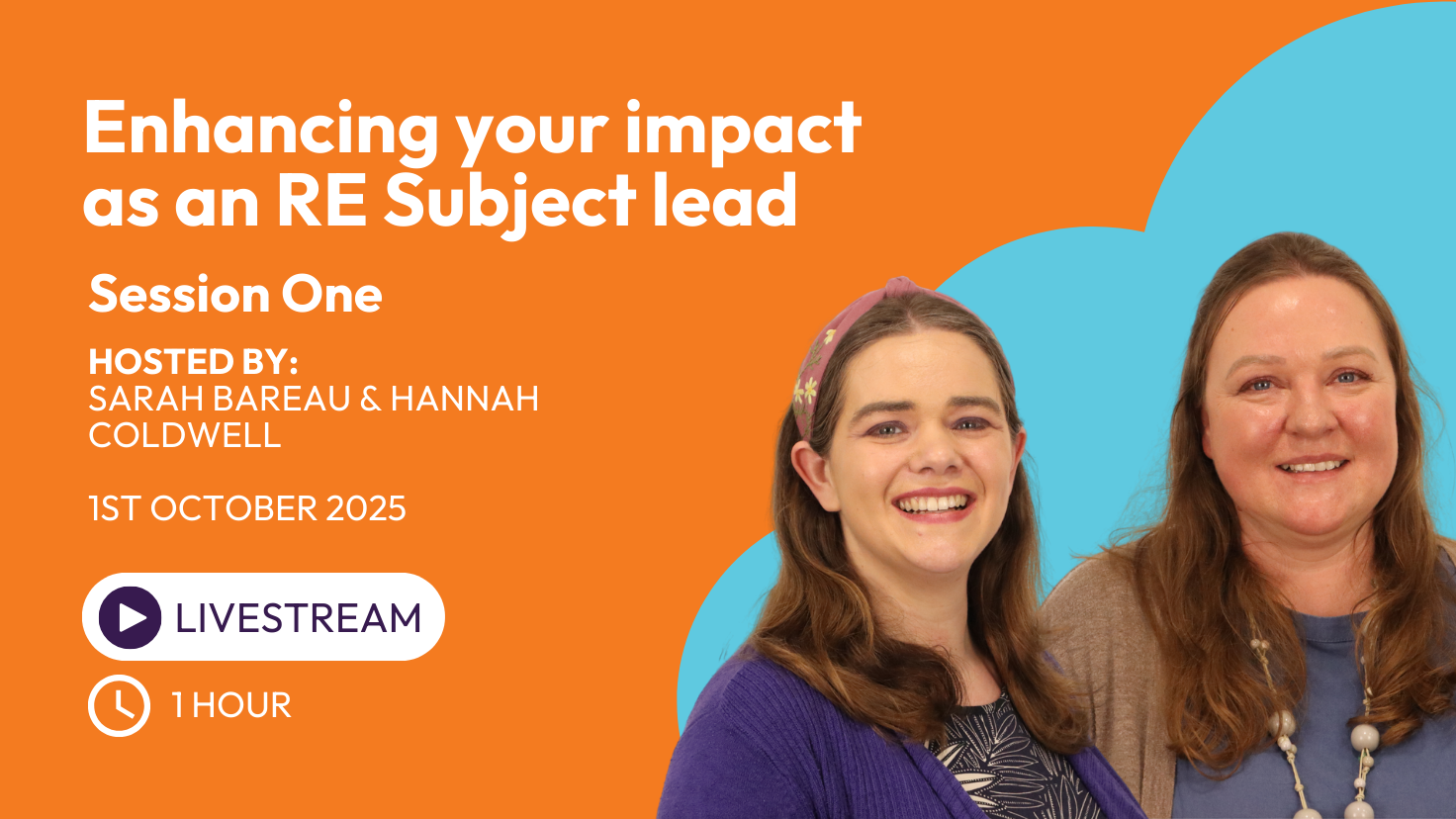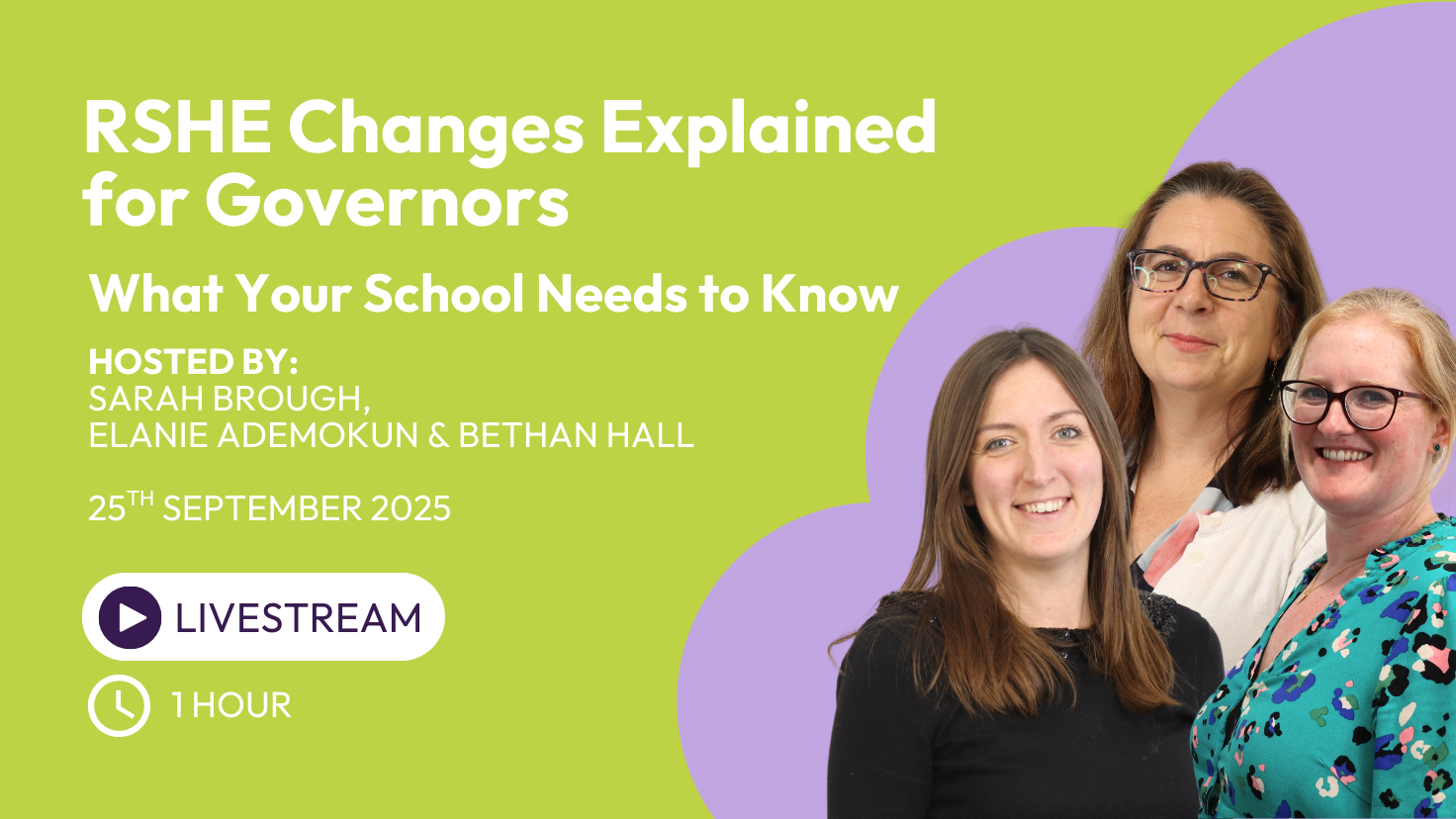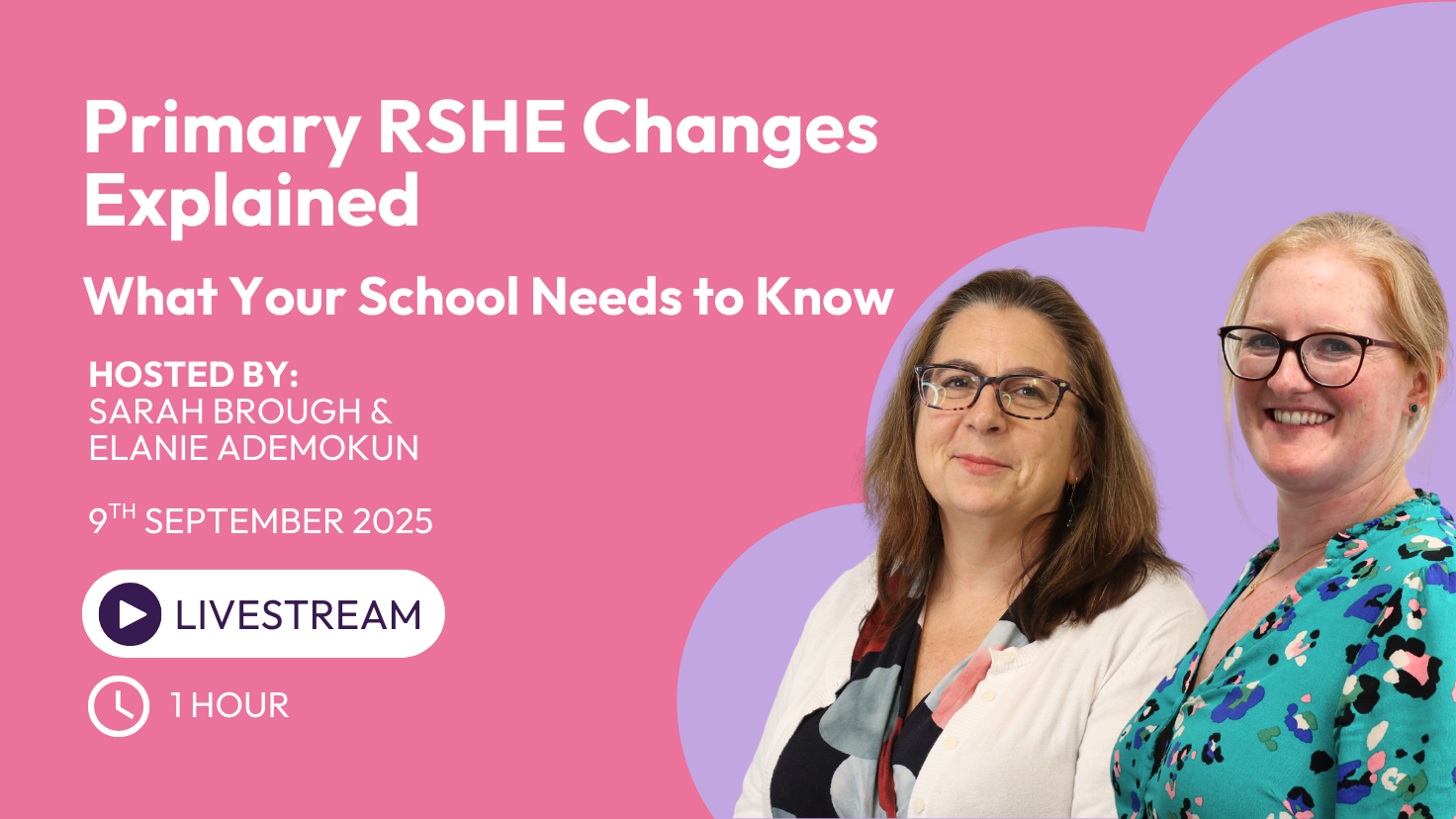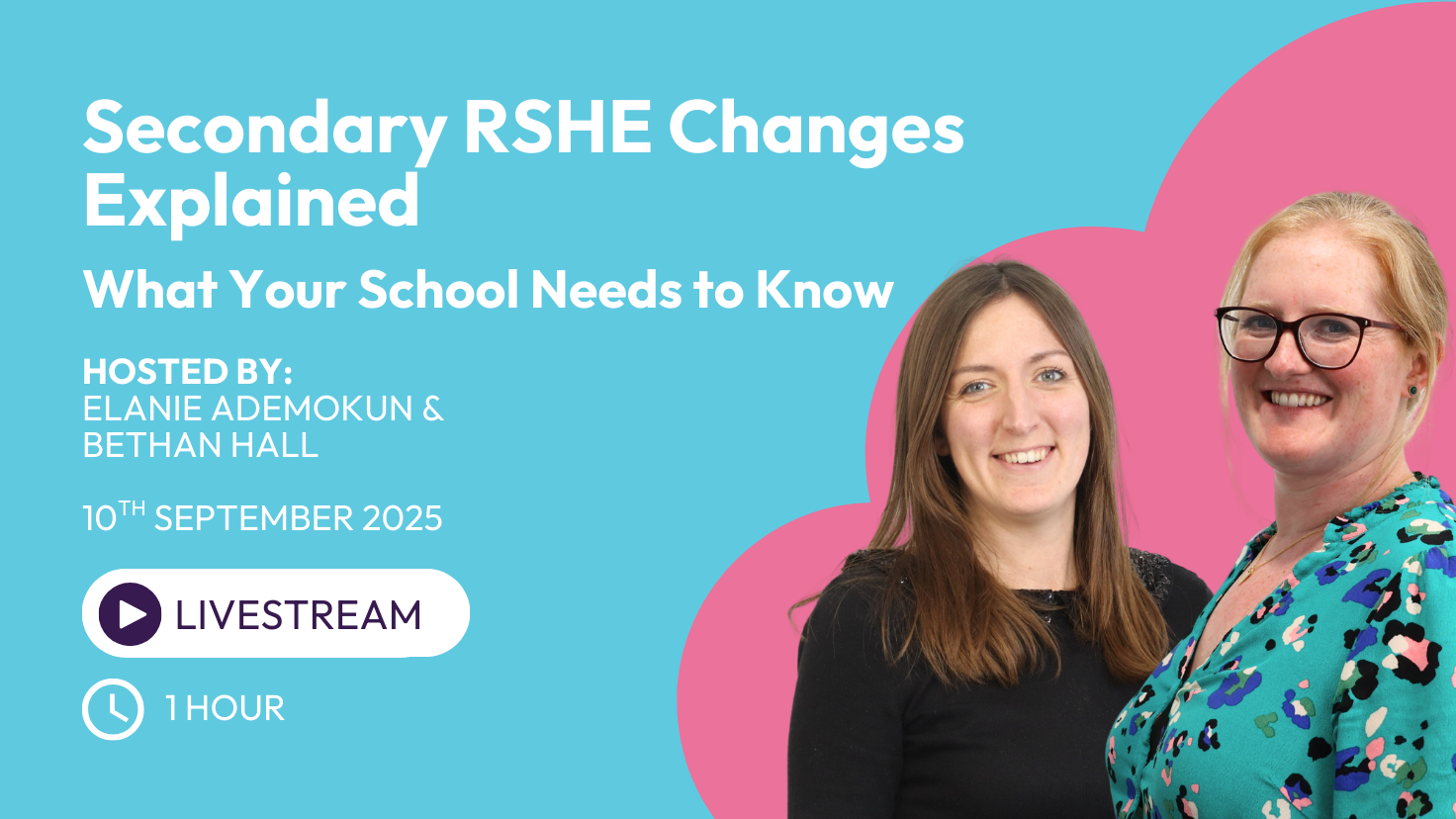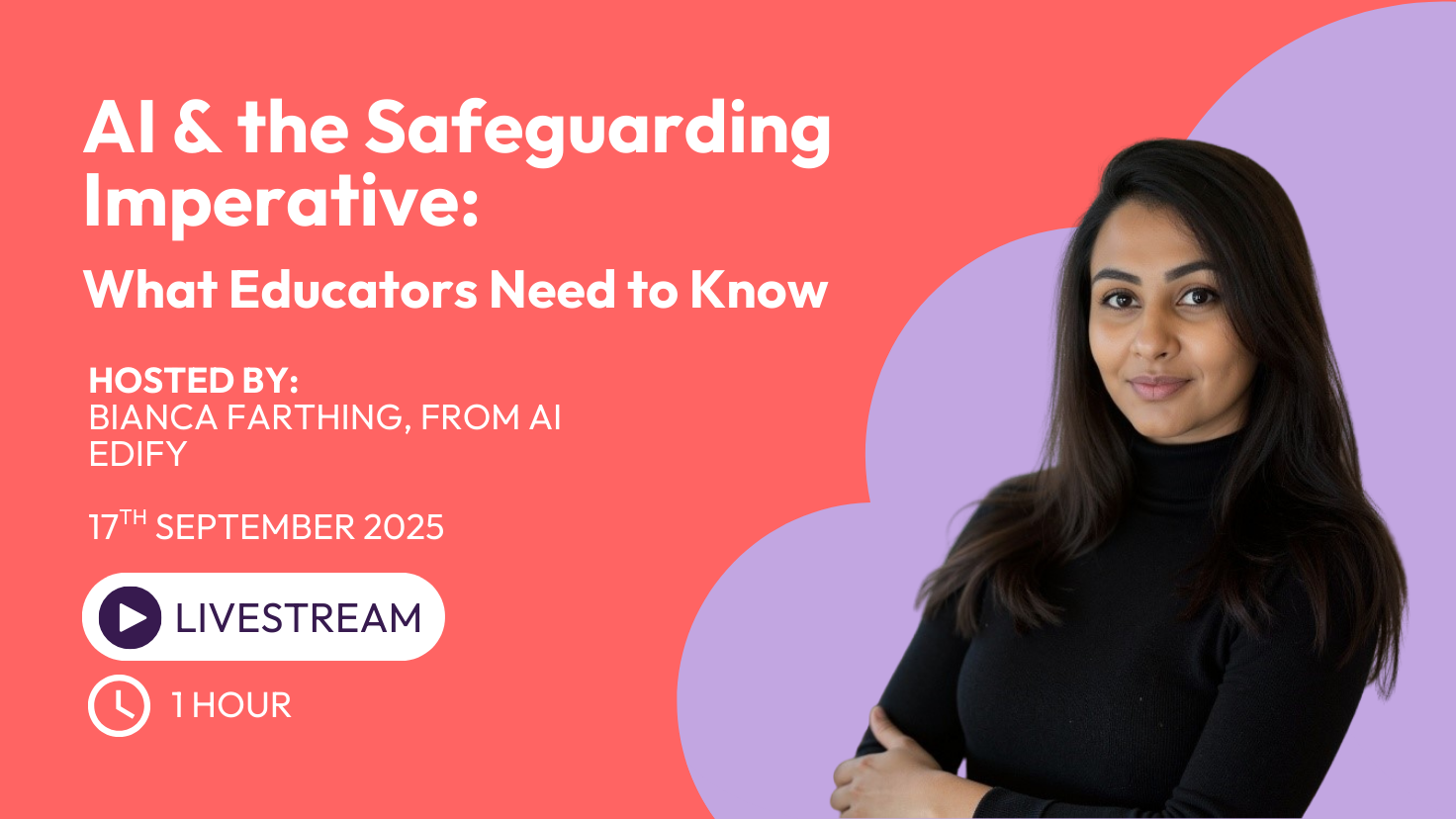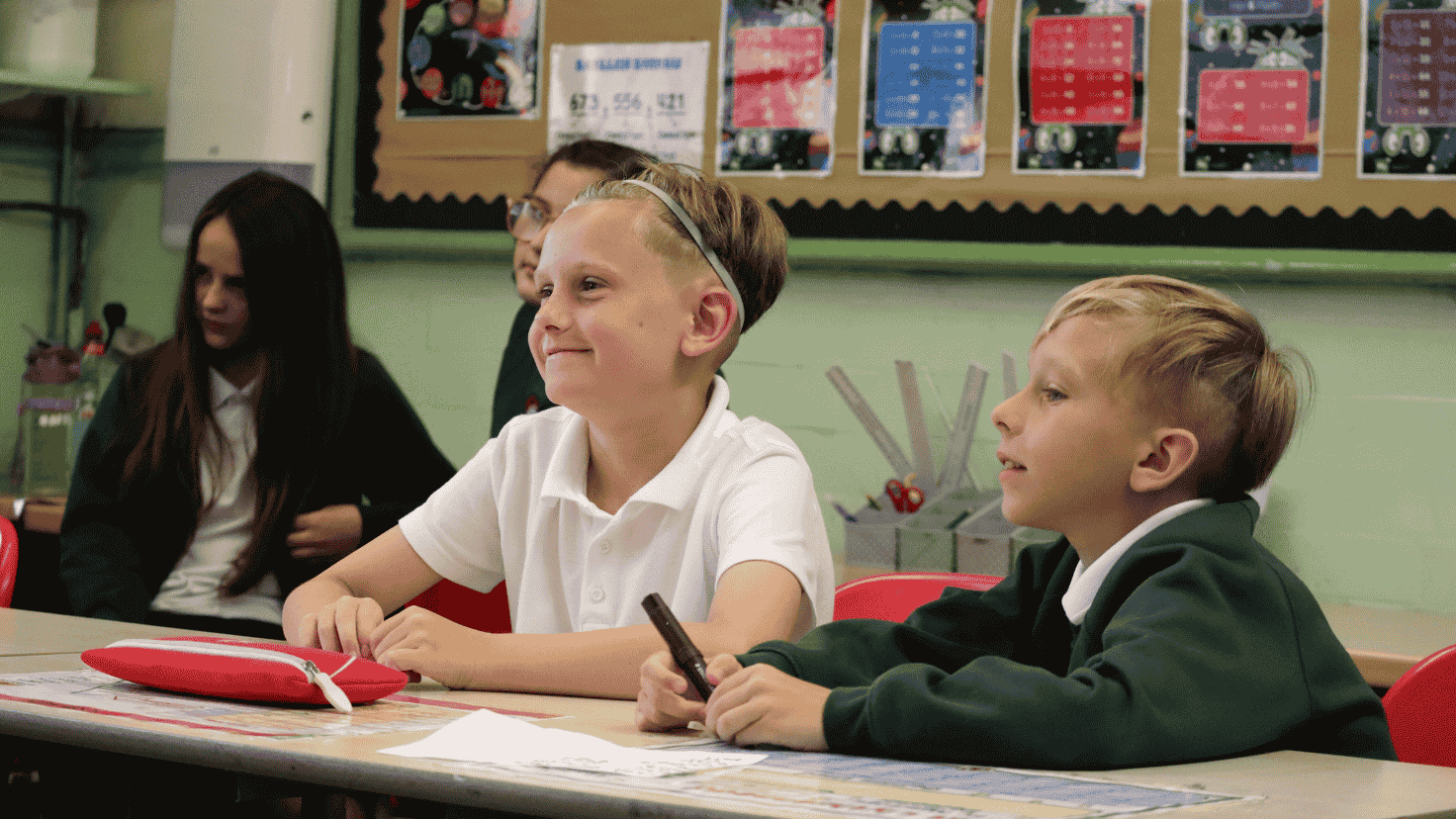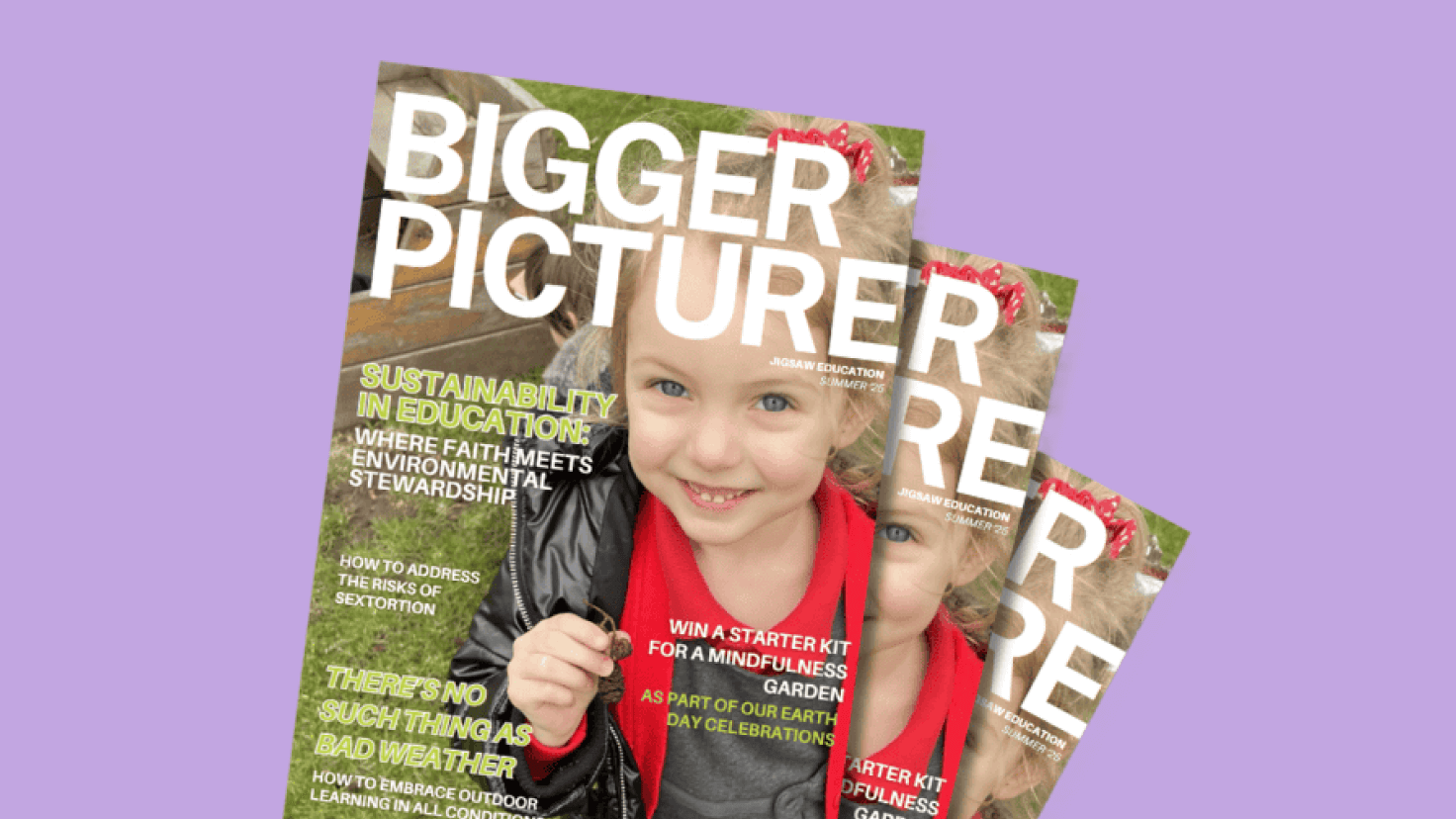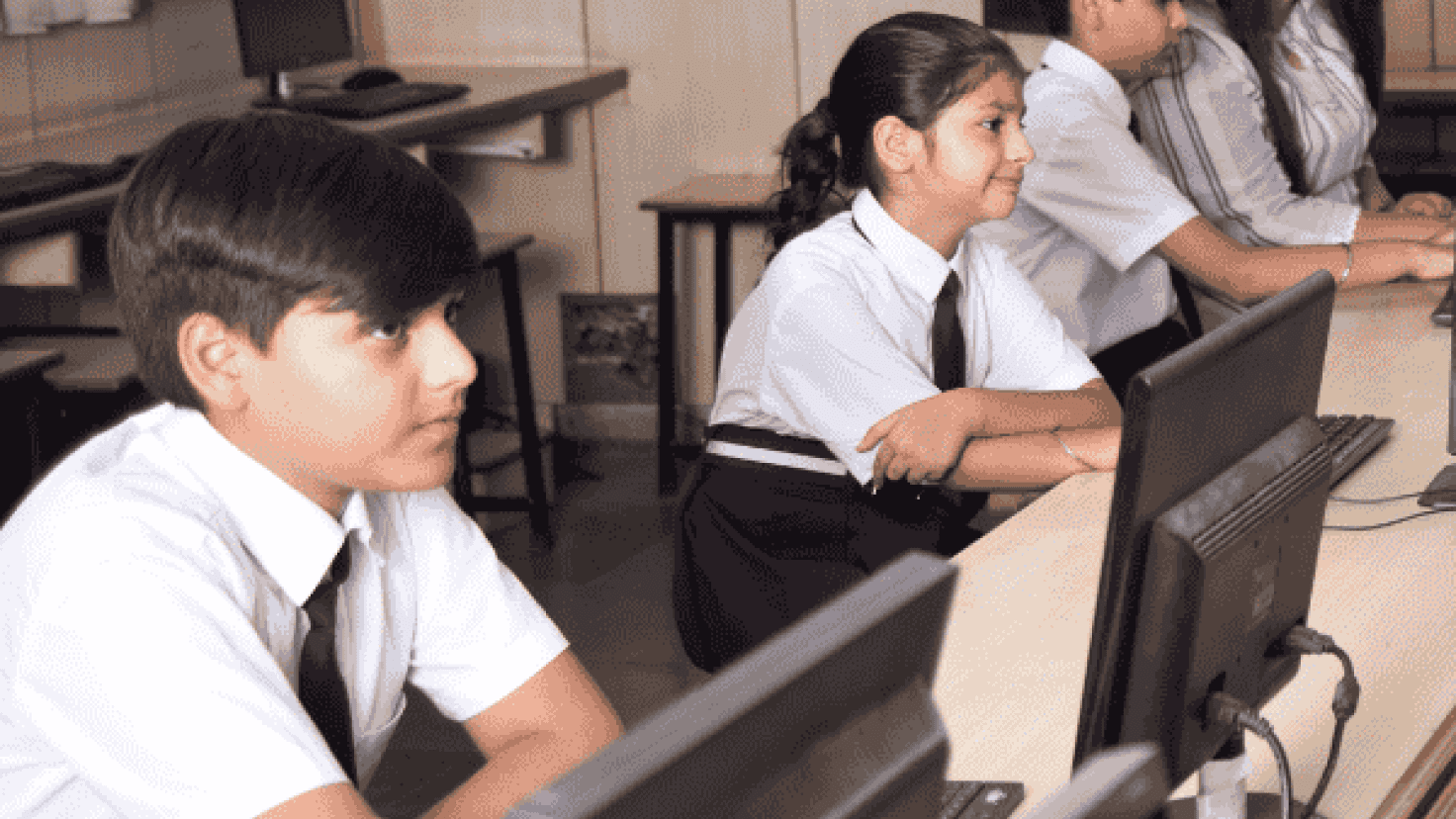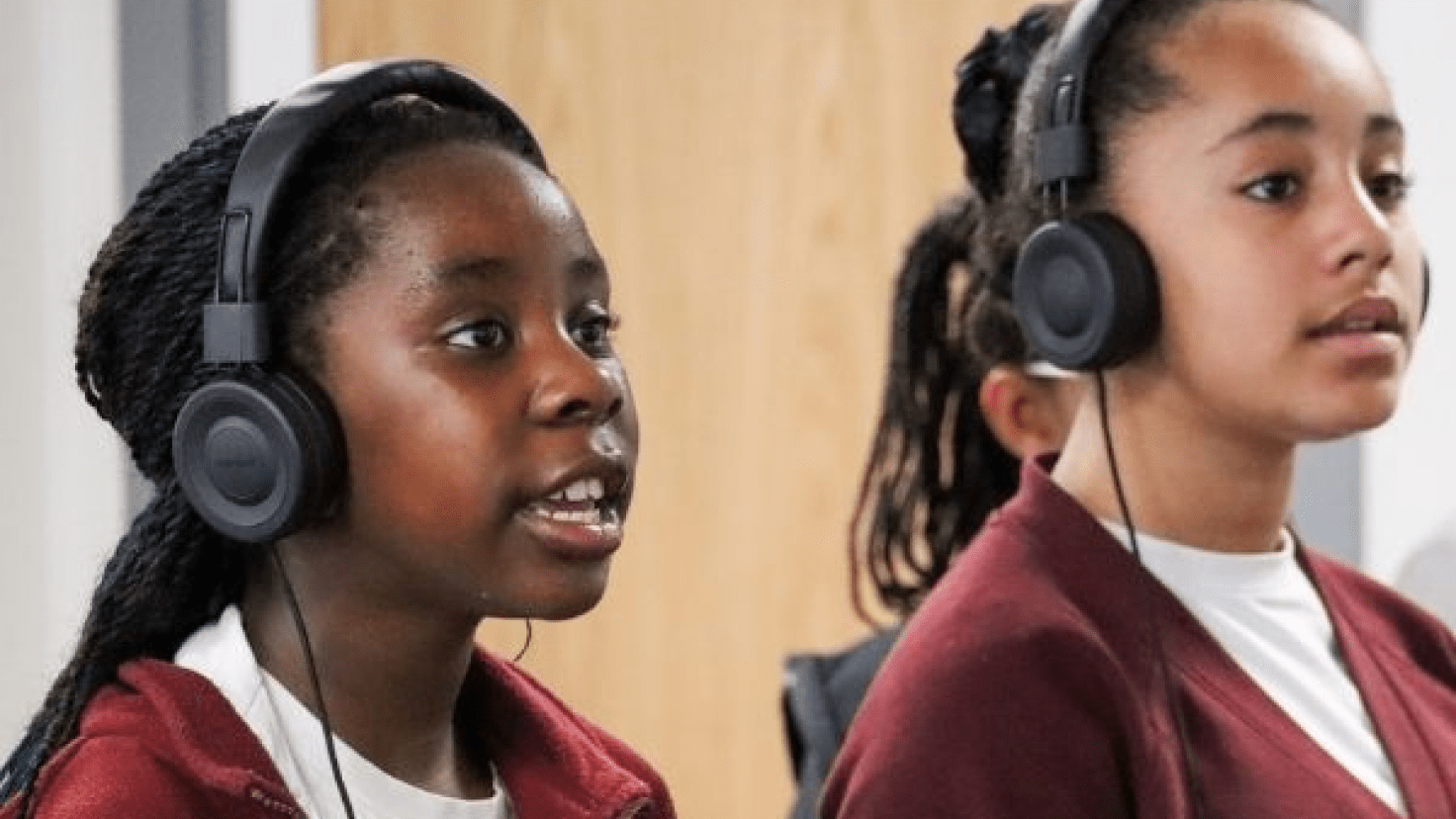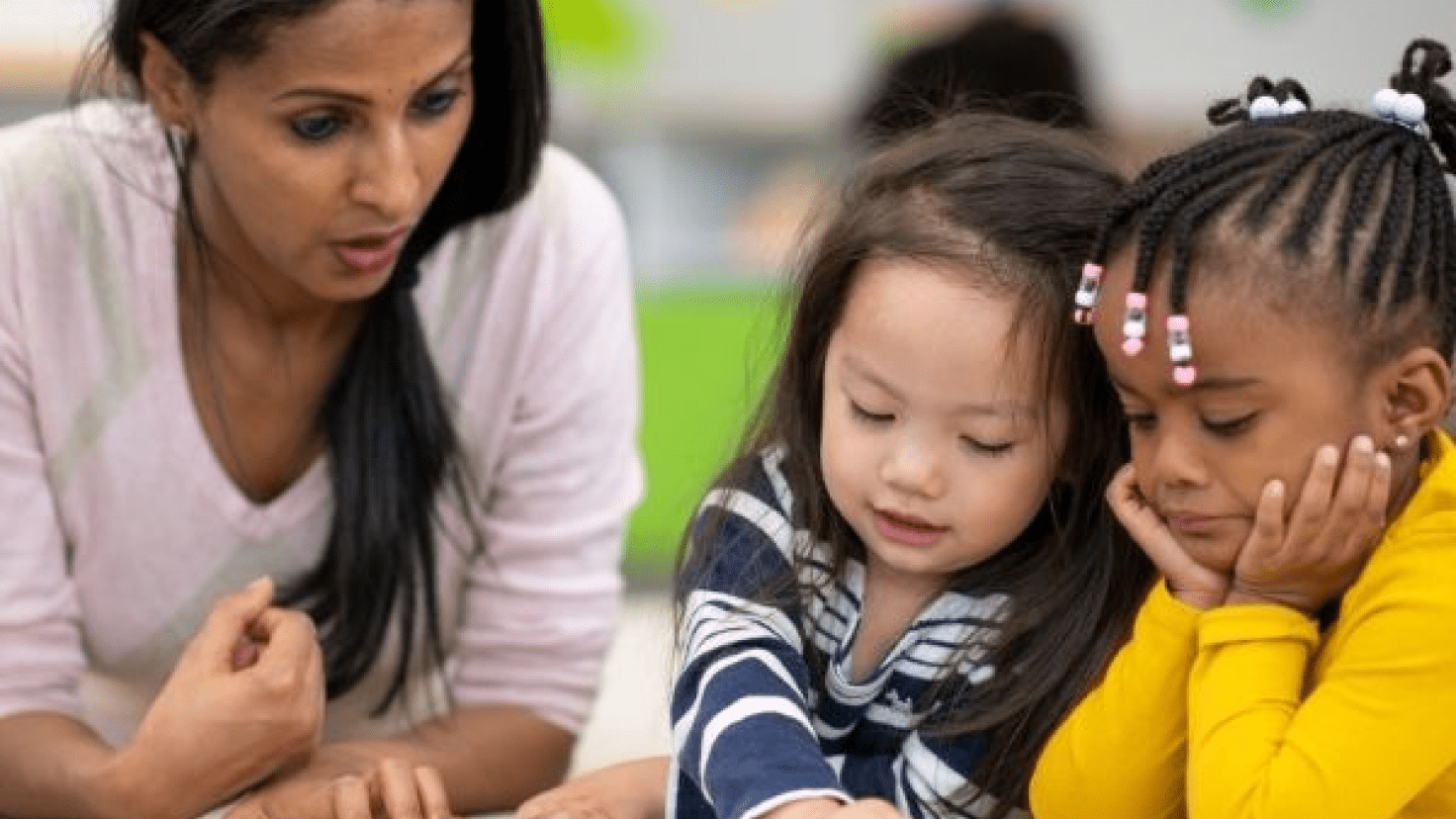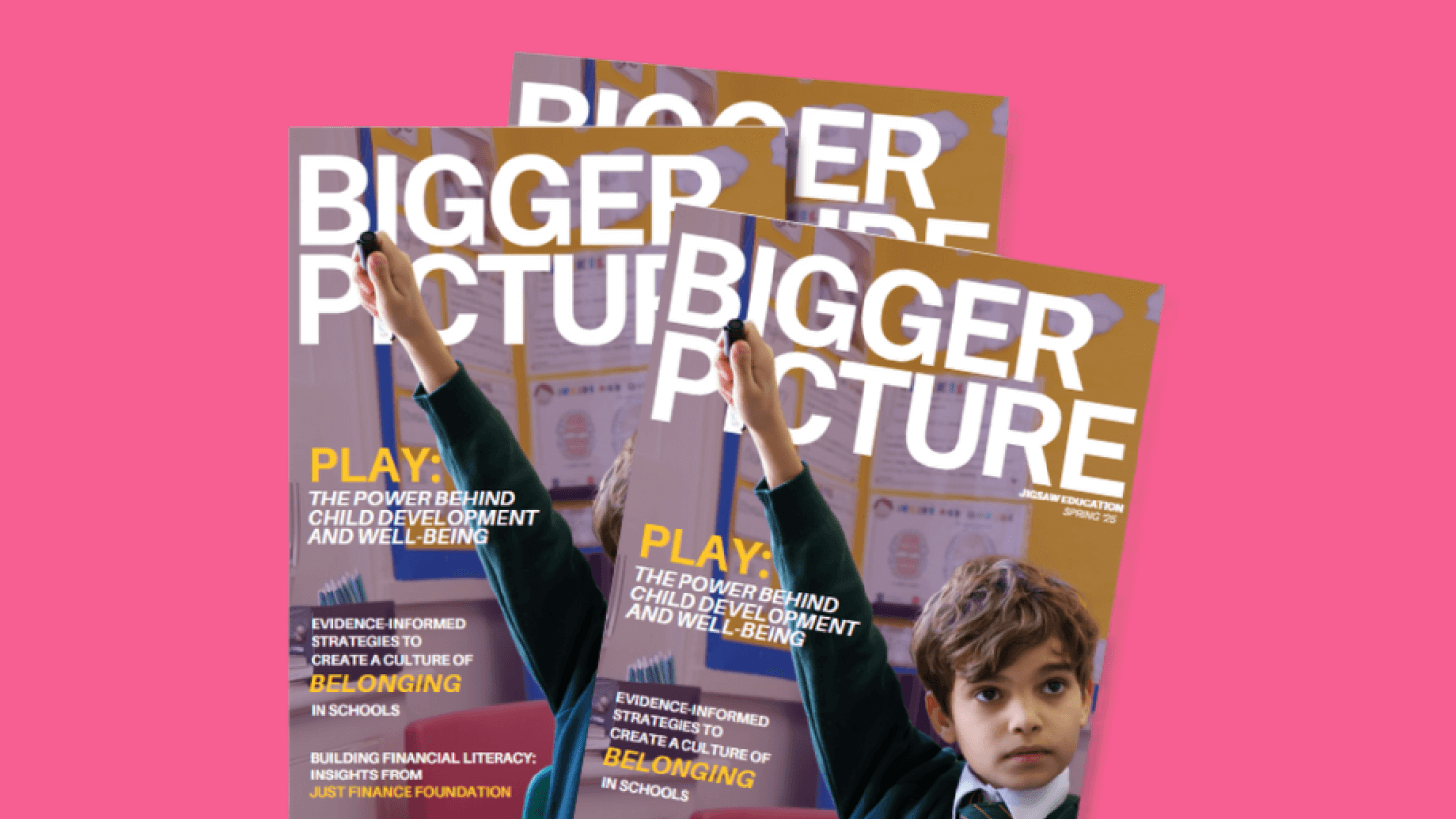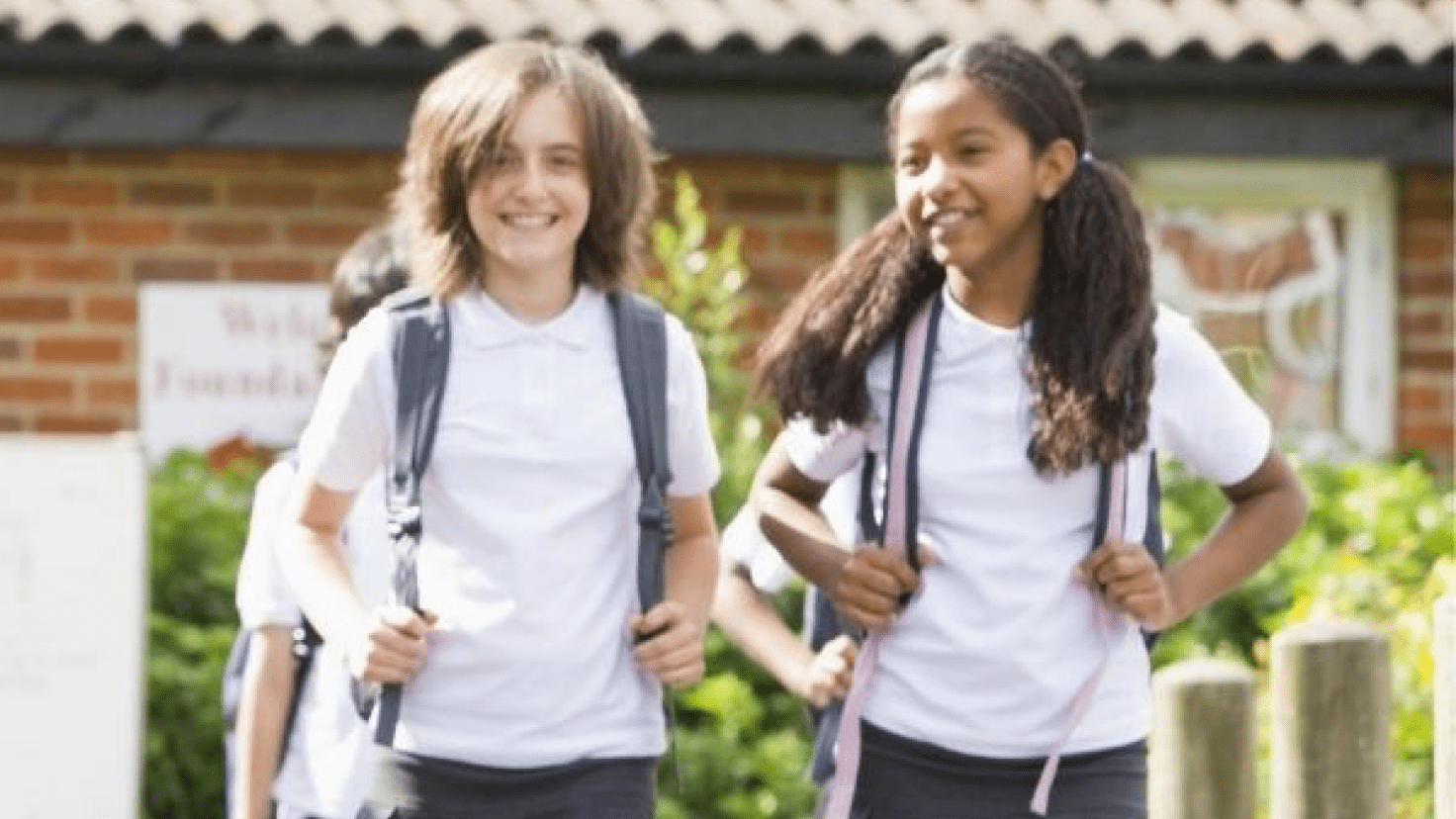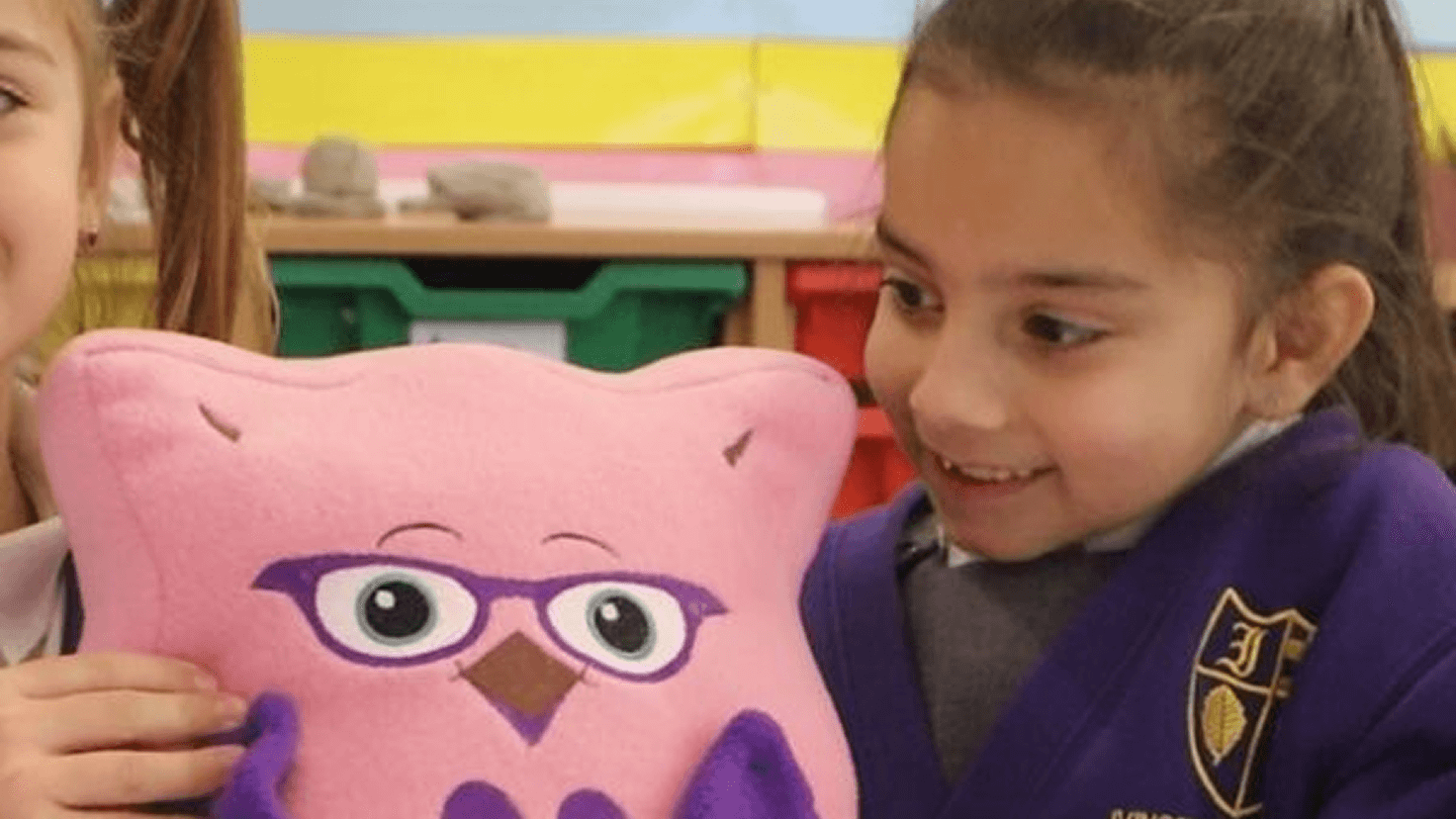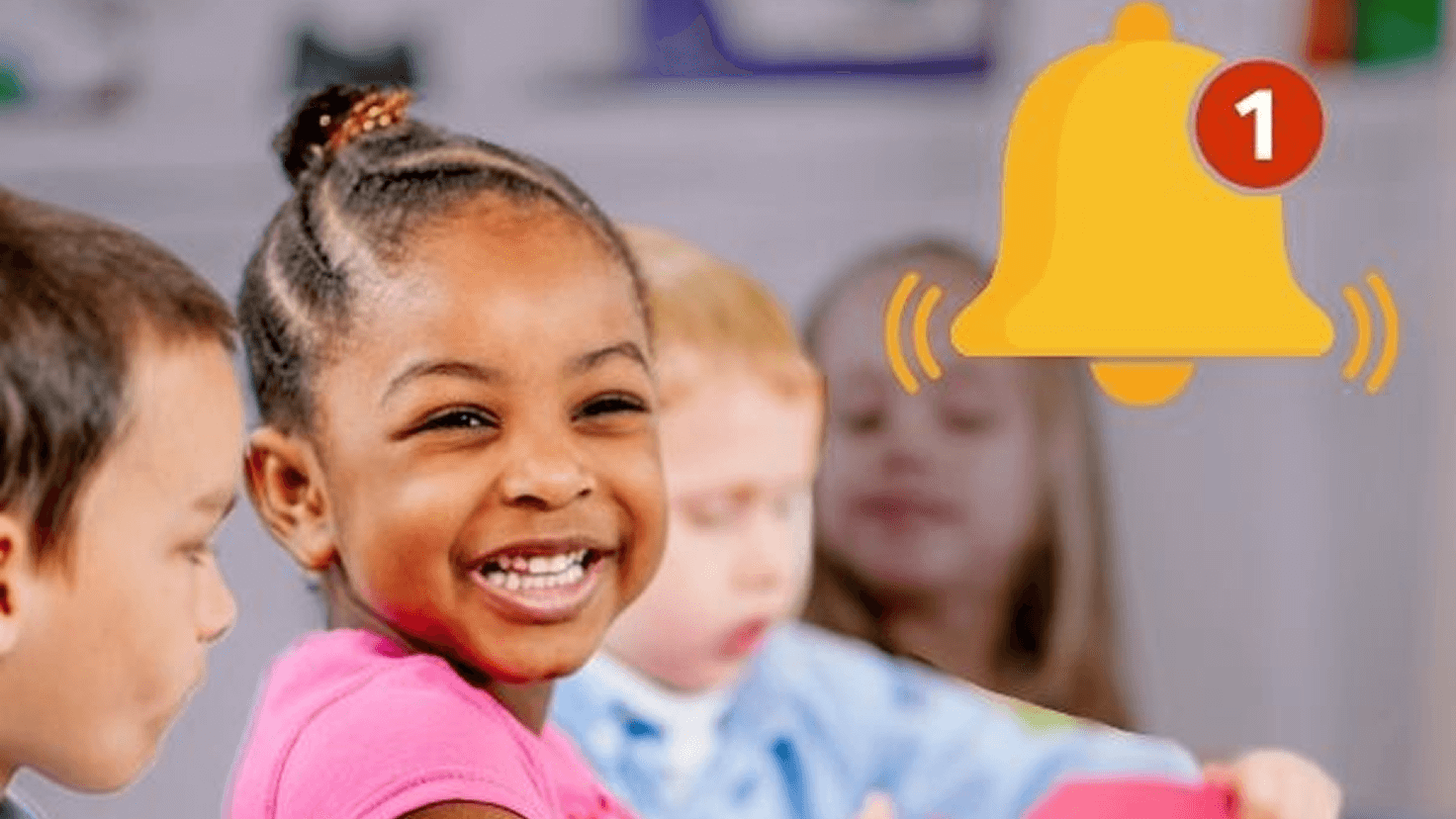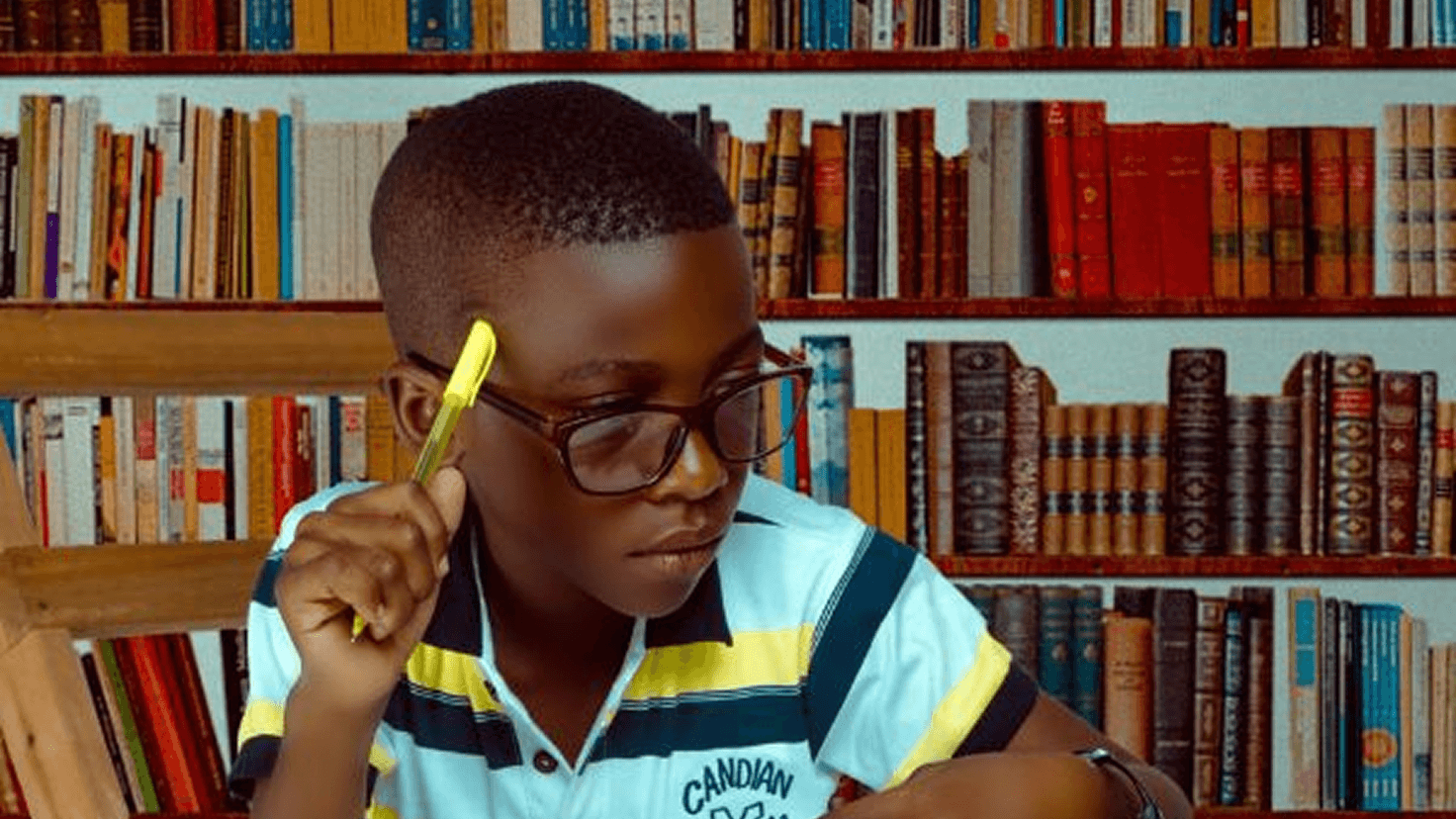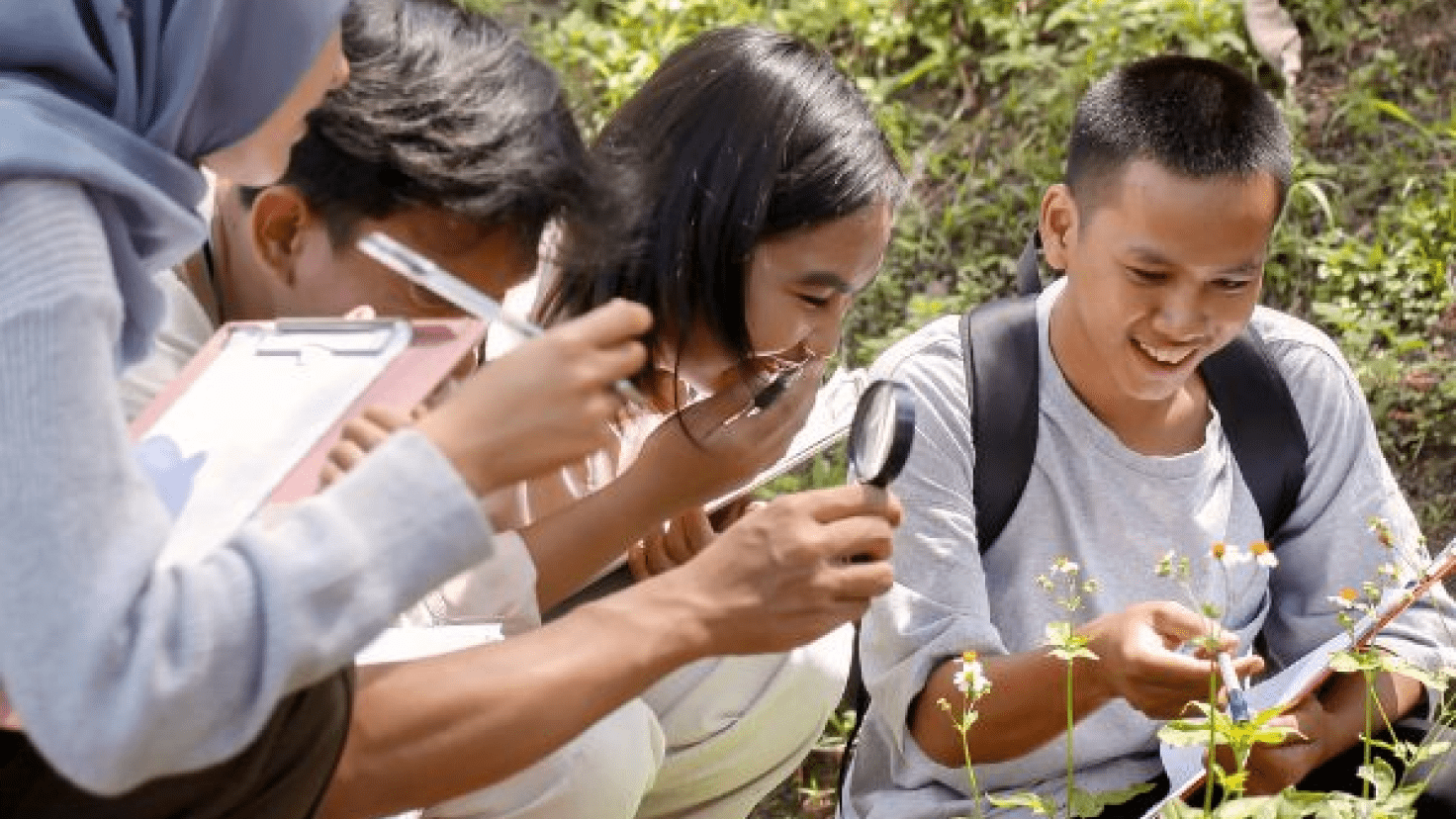Articles & Updates
26 June 2024
Launching Leadership in PSHE 3-12
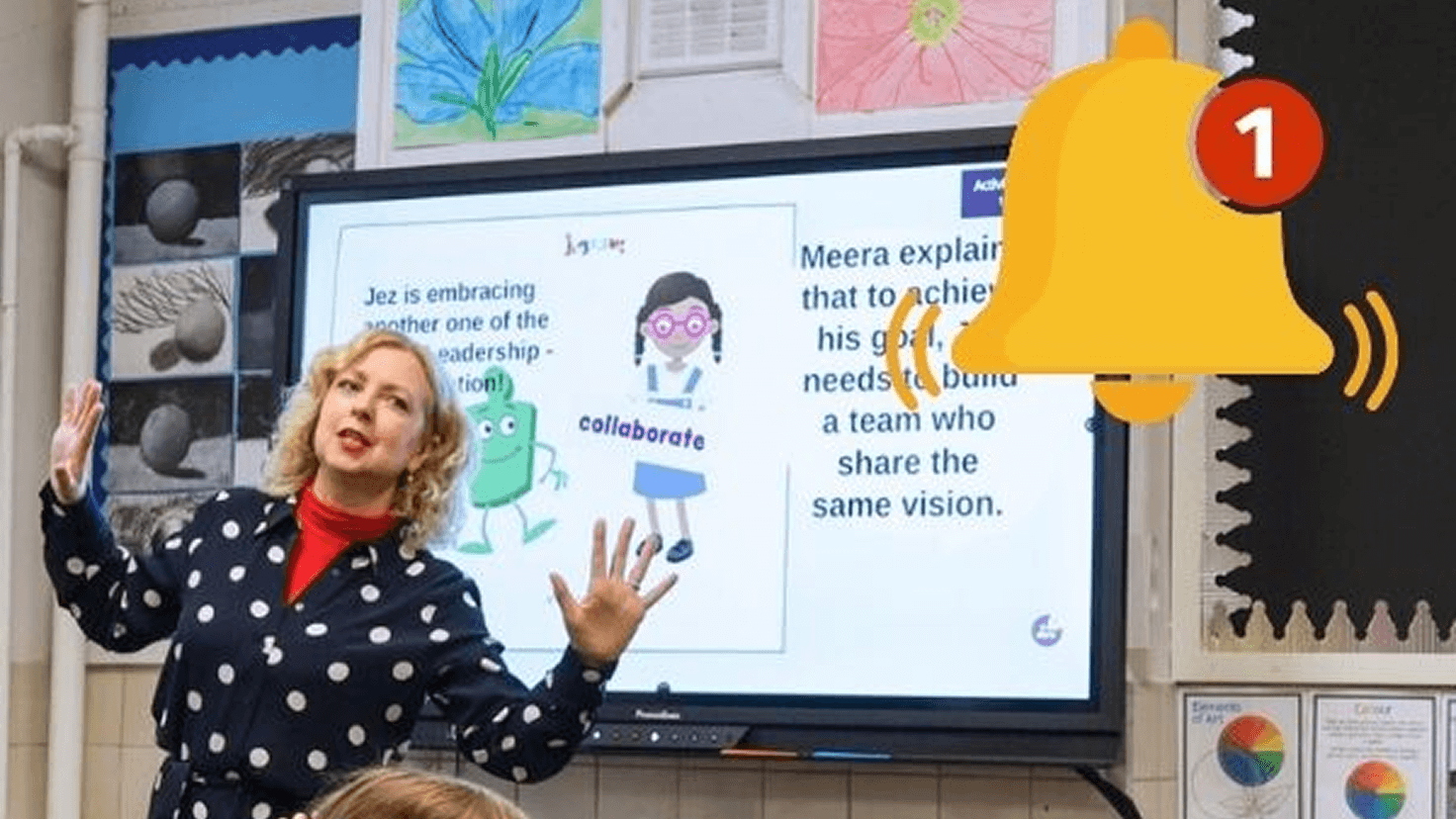
NEW Resources for Jigsaw PSHE 3-11/12
Our Leadership Annual Theme has launched this week, ready for you to use in 2024/2025.
One of the key strengths of the Jigsaw programmes is the depth and breadth of teaching and learning experiences that extends beyond the basic statutory expectations of the curriculum. Multiple themes are taught and built upon throughout all the units of work from ages 3 -16 years.
Each year, Jigsaw Education will draw out and extend a different key theme that runs through our teaching materials, starting with Leadership in Jigsaw PSHE 3-11/12 in the 2024/2025 academic year.
Why do we feel leadership is an important theme in Jigsaw PSHE?
Leaders are made, not born. Leadership should not be a privilege for some children, or seen as a natural talent belonging only to extroverts. Every child has a capacity to learn leadership skills and we want Jigsaw PSHE 3-11/12 to equip them with the inner resources and capability to lead, when necessary, for themselves and their community. At its core, leadership is about self-identify and self-empowerment and is about working with and inspiring others to reach a better place.
We have mapped out all the teaching and learning opportunities in Jigsaw PSHE 3-11/12 that already support learning about and developing leadership skills, and created new supporting materials to use with staff and pupils so that you can develop the theme of Leadership further as part of your whole school approach.
What will you find to help you take part in the Leadership Annual Theme
To help you reflect and draw upon existing content in Jigsaw 3 – 11/12:
- Clear Jigsaw definition of leadership
- Mapping documents showing how leadership themes are already embedded in existing Jigsaw PSHE programme
- 3 x Staff training/reflection activities
- 2 short introductory webinars about the importance of teaching about leadership
Additional Materials for your school to enhance and extend the existing leadership content:
- 3 x whole school assemblies
- 5 x lessons for 5-7yrs ‘Meera Leads the Way’ (based on the story kindly shared by Niamh O’Keeffe)
- 2 x lessons for Ages 7-9yrs
- 2 x lessons for Ages 9-11 yrs
- Pupil friendly Vocabulary posters (downloadable) and images for display
- Ideas of other ways to encourage children to develop leadership skills in your school community
- Opportunities to share your ideas and approach to leadership through 2024/2025
Where are these exciting new materials?
Everything you need to find out how it works, and to start planning is now online, and we will continue to add more materials over the summer. To find them, click here.
-OR-
login to the portal and go to:
Materials > PSHE Primary > Whole School Materials > Annual Themes > Leadership
We’re so excited for this development of our Jigsaw materials, and we’re sure you are too, as children can learn important characteristics that will support them in the future. Don’t forget to share your work and tag us, using #JigsawLittleLeaders so we can see your amazing work.

